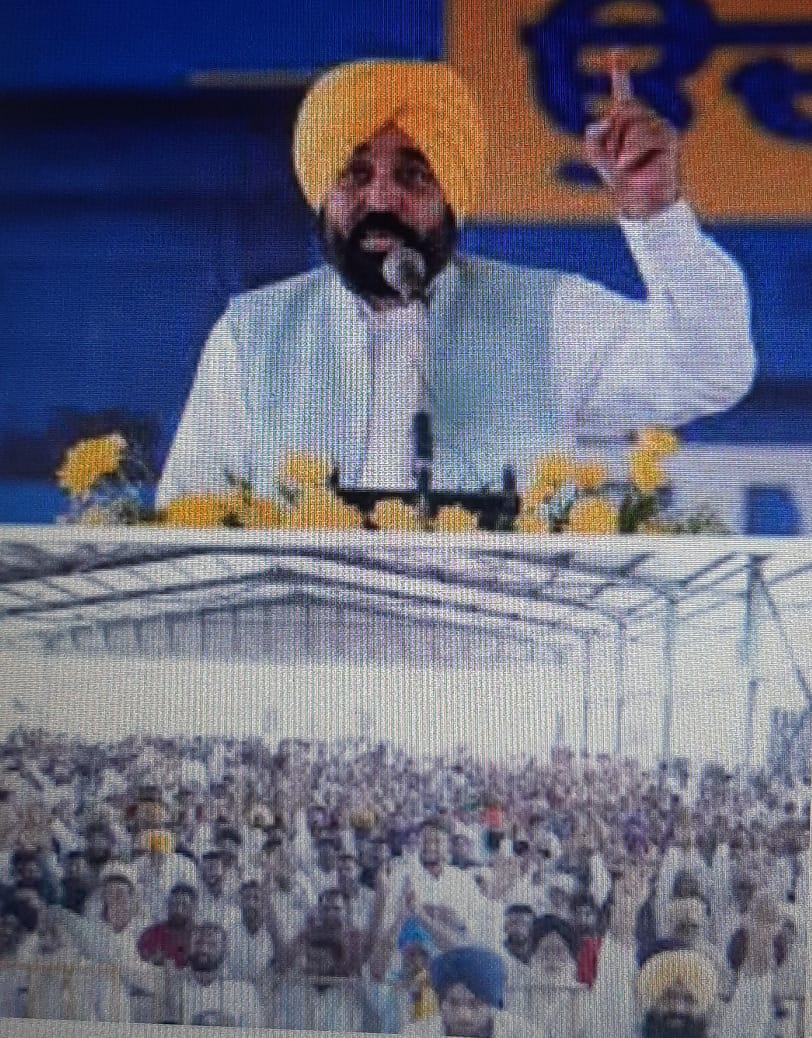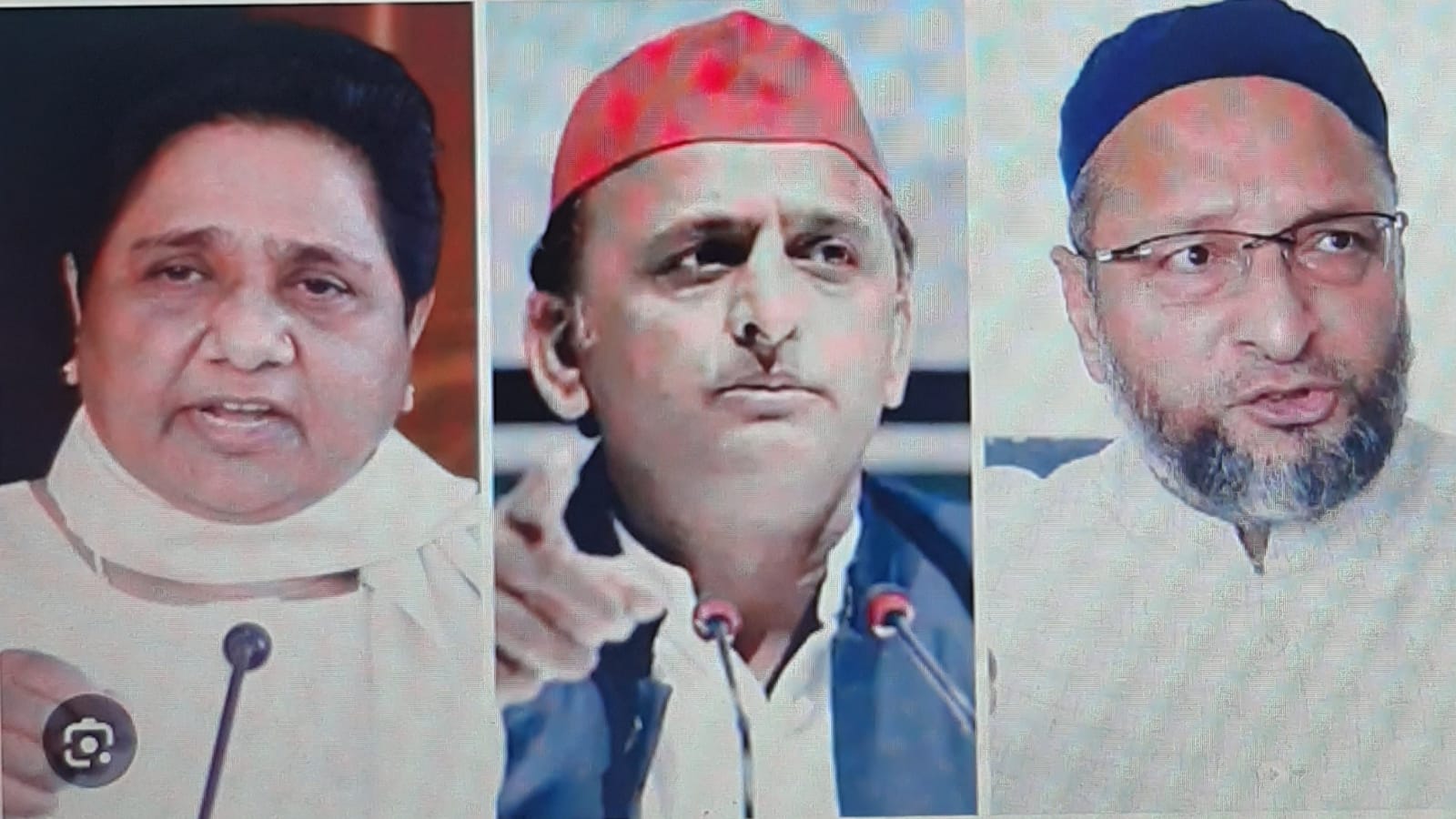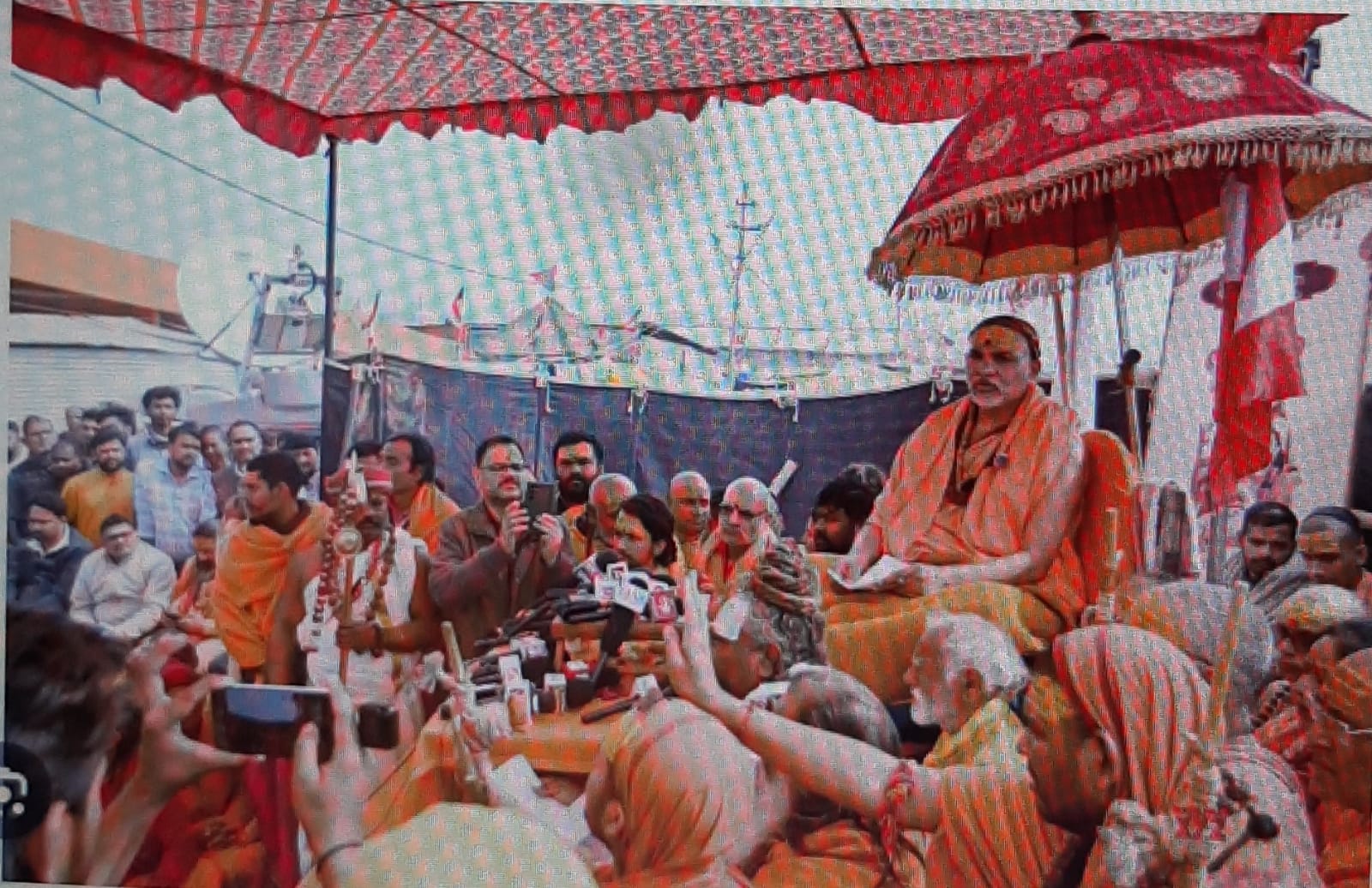
Federalism as a basic feature of the Indian state gets another nail in its coffin as the states are only too willing to follow the Centre’s lead in this regard. The difference between the actual operationalization of Indian and American federalism is highlighted starkly in current happenings and trends. American states are using their levels of autonomy to challenge federal decisions and diktats while Indian states, regardless of whichever party holds power in the state, are adopting the Union Government’s strategies and tactics to win popularity and possibly votes, without reference to what is Constitutionally valid or not, writes former IAS officer Juthika Patankar.
On picking up my morning newspapers today I was confronted with full-page advertisements of the Government of Punjab on the front page of each of the two newspapers. The advertisements announced that the Government of Punjab was seeking your suggestions on how two sacred events, two historic occasions, two glorious legacies could be commemorated. The two in question were the 350th Martyrdom Day of Sri Guru Tegh Bahadur Ji and the 450th Foundation Day of Sri Amritsar Sahib. At the bottom corner of the advertisement, the Chief Minister of Punjab gazed out at you, hands folded, the picture of humble supplication.
Let me now place in context my instant reaction of dismay and exasperation on seeing this advertisement. I happen to have been teaching Public Policy to students reading at the post-graduate level. I also happen to be a member of a recently-established Centre for Federalism/Multi-level Governance in an esteemed think tank. So when a government posits such an advertisement on such a scale, an advertisement which is about state celebration of events enshrined in the holy garb of overt religiosity, there is cause for concern. Another equally worrying factor is that responsible elected governments should be spending enormous amounts of taxpayers’ money on advertisements which simply have nothing to do with governance. The myriad and multifarious problems of daily living with which Indian citizens have to do battle seem to leave our governments unperturbed. Would that we could see prominent front-page authoritative information on how to manage, say, our garbage, traffic, public spaces or employment issues.
To return to the matter of state fostering religiosity and religious events, let me affirm unequivocally that like the Constitution of India, I believe in the fundamental right of every citizen to adhere to the faith of her choice, to practise it freely within the bounds of the rule of law and to respect this freedom granted by the highest law of our land equally to every citizen. What becomes problematic is when the government, in apparent defiance of the Constitution, promotes religion in its different facets. What is even more devastatingly of concern is that we citizens over the past decade have accepted without question, surprise or outrage this obvious state patronage of religious events. We have watched in silence at best and tacit or avid endorsement at worst, the increasing actions of the state to conflate religiosity and religious celebrations with nationalism and national interest.
Incidentally, federalism as a basic feature of the Indian state gets another nail in its coffin as the states are only too willing to follow the Centre’s lead in this regard. The difference between the actual operationalization of Indian and American federalism is highlighted starkly in current happenings and trends. American states are using their levels of autonomy to challenge federal decisions and diktats while Indian states, regardless of whichever party holds power in the state, are adopting the Union Government’s strategies and tactics to win popularity and possibly votes, without reference to what is Constitutionally valid or not.
How committed are we Indians to the idea or ideal of secularism? When would we reach that level of maturity which would enable us to distinguish the state as an institution for providing governance through material well-being and the enforcement of the rule of law? When would we achieve the ability to give primacy to and respect the law which is an outcome of shared community values and principles of justice, not a series of injunctions prescribed by the divine? It seems that we are very far from reaching that position. Religion and caste hold us in thrall and not necessarily in that order. But if religion is what people want, how are we to attain those lofty goals and indices of human development decreed by august institutions like the World Bank or other UN bodies because these goals completely pertain to material prosperity and corporeal wellbeing. They have absolutely nothing to do with religion.
Mulling over these points in my head, I was struck with the idea of the Indian governments, Central, State and Local, turning the people’s preference for religion over secularism, to advantage in the matter of governance. In other words, the state could address vital issues of governance and provide civic service to citizens through the means of an ostensible deference to religious occasions and sentiments rather than national interest. And unknowingly, in doing so, they would be acting in the best interests of the nation and society. Let me elaborate how this could be done.
One of the beautiful national monuments protected and preserved by the Archaeological Survey of India is the 11th century Shiva Temple at Ambarnath near Mumbai, Maharashtra. It is a living monument as well as a conserved artifact meaning that devotees legitimately continue to pay homage and practise rituals in this temple even while it is listed as a protected monument. Given the religious sanctity of this monument, the government could ensure that its approach {by crossing a filthy drain or canal} could be made salubrious, safe and pleasant. Drains could be regularly cleaned, paths maintained, trees cultivated in the interest of maintaining the beauty and sanctity of a religious place of worship even if public interest is not perceived to be of importance. The argument could be extended to temples and shrines across the country where clean surroundings, tidy pathways, clean drains, canals and temple premises could make worship so much more pious and glorious for devotees. Cleanliness is next to Godliness, after all. And who knows, if this were to happen, such well-maintained, tranquil and harmonious sites might even induce non-believers to take to the faith!
Let us carry the proposition further. It would become imperative for governments to provide clean, smoothly-running public transport such as buses and trains to convey people comfortably, conveniently and hygienically to their places of worship. Train and bus timetables would need to be prominently displayed and adhered to, so that people could serve their faith better. Eateries and restaurants dotting these venues would have to preserve high standards of health and hygiene as would public toilets and drinking-water facilities. The police would require training in sensitive but firm handling of crowds to facilitate ‘darshan’ in a safe and accessible way for the elderly and children in particular. Touts and petty criminals or avaricious priests in ochre robes would have to be made to respect the rule of law because cheating, theft and deceit cannot possibly be allowed to reside in the premises which house our Gods. The availability of religious texts at standard prices, in all our languages and sold through properly-managed outlets might, after all, encourage literacy and entrepreneurship.
Lest all of the above appear as tongue-in-cheek humour, let me asseverate that as a concerned citizen who cares for my country, I am merely pointing out very seriously that there is a way of turning every popular sentiment to public advantage and in the interest of a better, cleaner nation governed according to good principles in public interest. Perhaps conscientious taxpayers could think of turning the proverbial blind eye to some of the outrageously unnecessary and unconstitutional government advertisements if these indirectly led to governance of the kind outlined above.
Ends do not justify means and the Constitution and the rule of law it decrees cannot be put second to any other popular sentiment. That is non-negotiable. But given our flawed times, if we citizens could salvage some semblance of governance from the debris of our constitutional ideals, the suggestion above might be worth trying till such time as the Constitution, ethicality and accountability resume their proper place in our country.
(Ms. Juthika Patankar is a visiting faculty in Gokhale Institute of Politics and Economics and a member of Pune International Centre. She is also a former civil servant. Views expressed are personal.)









